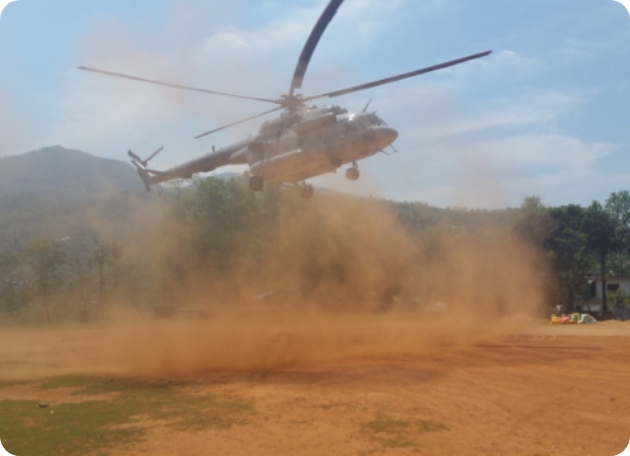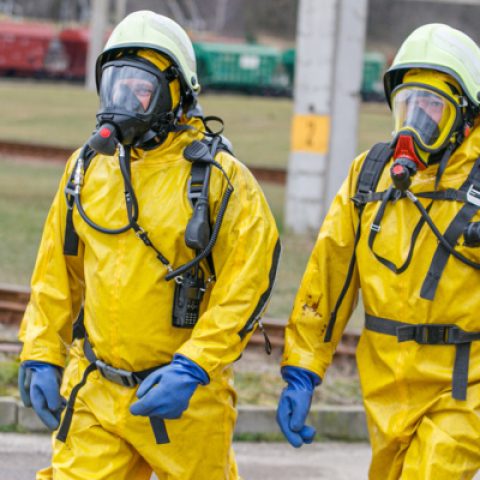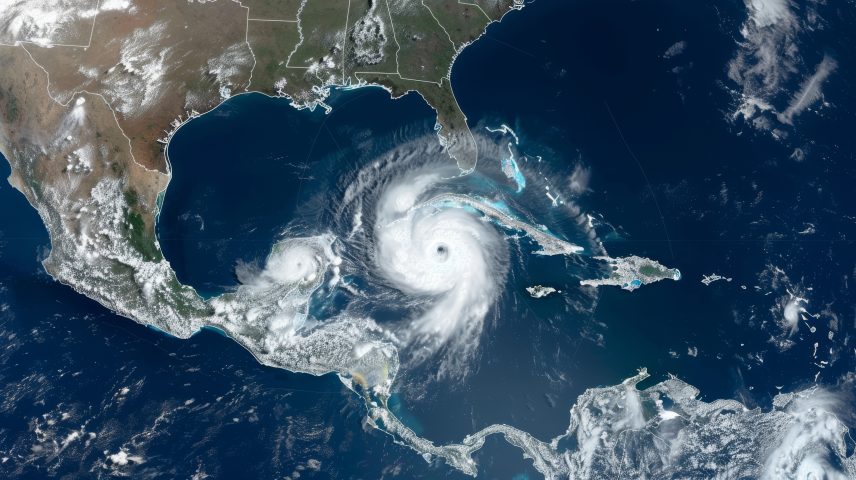Why Choose Prepared Service?
Real-World Expertise
Our instructors bring invaluable real-world experience to every training session. They’ve been vital in preparing communities to face natural disasters, global health challenges, and crisis situations. Their expertise ensures you gain practical skills to connect with others and serve effectively when it matters most.
Research-Backed Lessons
Every lesson we deliver is grounded in rigorous research and proven strategies. We prepare you with the most reliable information and techniques, empowering you to connect with your community and serve confidently.
Team First Approach
We emphasize teamwork, collaboration, and community in all of our training programs. Our instructors ensure you’re prepared to connect with others and serve your community, fostering resilience and coordinated efforts.
How It Works
Asynchronous Online Courses
Our training includes a variety of asynchronous online courses that you can take at your own pace. These courses cover a wide range of topics essential for anyone who wants to be prepared to serve their community.
Keynote Presentations and Talks
In addition to our online courses, we offer in-depth talks and keynote presentations from industry experts. These sessions provide valuable insights and advanced knowledge to help you stay ahead in your field.
Ready to Get Started?
Take the first step towards enhancing your skills and join a community dedicated to making a difference. Enroll in our courses today and be part of a movement that values preparation, mitigation, and response to create a safer world.
Our Core Values
Compassion
Service
Leadership
Evidence Based Medicine
Public Speaking and Keynote Presentation
JGD’s faculty include Dr. Gregory Davenport and Dr. Jamie Gustafson.
Topics Include:
- Survival Concepts for any Situation
- Disaster Response and Emergency Management
- Austere and Remote Medicine (Global Health)
- Healthcare in Combat Environments
- Mass Casualty Operations
- Tactical Evacuation
- Stress Abatement in Crisis
- Overcoming Pre-Conceived Limits
- High-Stress Leadership
- Teamwork in High-Stress Environments
- Surviving PTSD
- How to Prepare for an International Trip
Topics Include:
- Strategic Management for Difficult Situations
- Change Leadership
- Authentic Leadership in Action
- Team Dynamics and Effective Collaboration
- Building Team Resilience
- Developing Optimism and Hope in Challenging Times
- Improving Self-Efficacy for Team Members
- Process Implementation
- Navigating Uncertainty with Strategic Adaptability
- The Role of Optimism and Hope in Leadership
Community Preparedness
What's New at JGD Prepared Services
Keep up to date about disaster readiness
Chemical Leak: Lessons from the Weatherford Ammonia Leak Incident
The recent ammonia gas leak in Weatherford, Oklahoma, serves as a stark reminder of the potential dangers lurking in our environment, highlighting the importance of being prepared for a possible chemical leak. In this blog post, we will delve into the details of this incident, discuss the immediate community response, and outline practical steps you […]
From Katrina to Melissa: Lessons in Hurricane Preparedness and Resilience
Recently, Hurricane Melissa made landfall in Jamaica, Cuba, Haiti, and the Dominican Republic. Before landfall, Melissa reached Category 5 hurricane status with peak winds of 185 mph, making it one of the strongest Atlantic hurricanes on record. Given its devastating impact is still unfolding, I want to discuss and learn from a similar event, Hurricane […]
System Failures Can Severely Impact Healthcare Services
In global health and disaster response, you are often without electricity and running water, which is what we dread in our day-to-day practice. For example, the power goes out, the internet is down, and suddenly the clerk cannot process the patient. The provider cannot enter data. The lab, radiology, and other diagnostic tools are not […]










